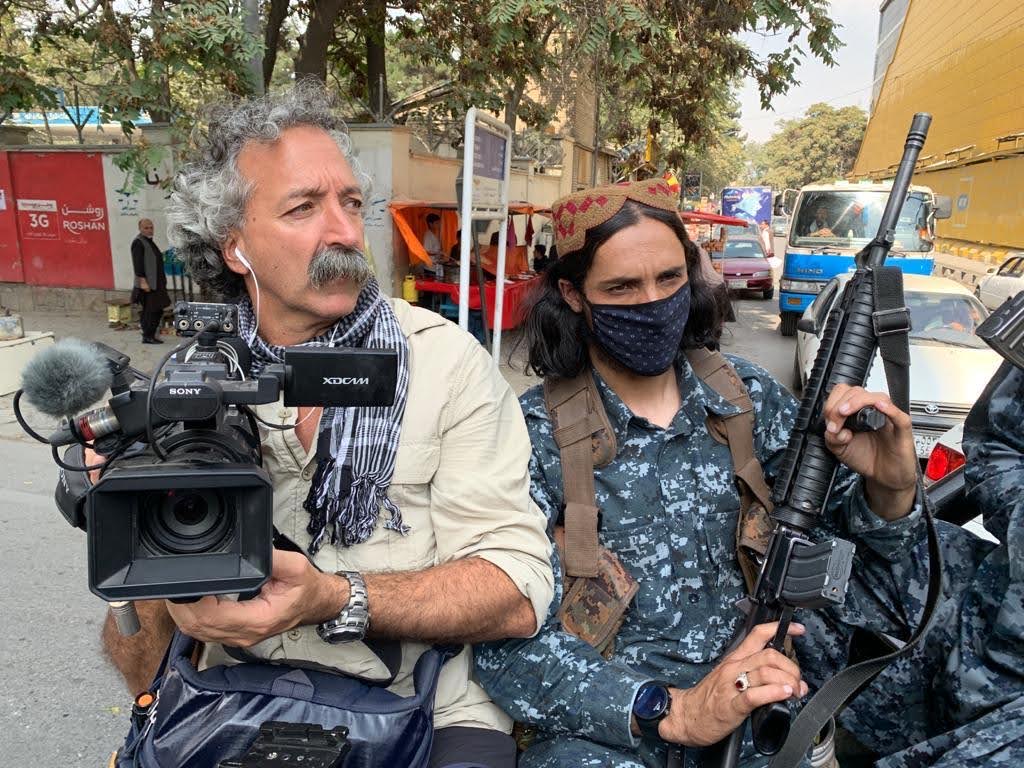Today two young British activists, Phoebe Plummer and Anna Holland, have been sentenced to prison after being found guilty of criminal damage following a stunt at London’s National Gallery. The pair, part of Just Stop Oil (JSO), famously threw Heinz tomato soup at Vincent Van Gogh’s Sunflowers back in October 2022. At Southwark Crown Court, Judge Christopher Hehir sentenced Plummer to two years in prison while Holland was jailed for 20 months. Judge Hehir said the pair “couldn’t have cared less” if the painting had been damaged. But please note no person or painting was harmed in the making of this protest. The iconic painting’s frame, however, was (hence the charges). Should they be punished for the damage caused? Perhaps. But surely a simple fine, a suspended sentence, or community service would do? Jail time (and quite significant jail time at that) is problematic to say the least and follows a pattern of climate protesters being punished harshly in a way that makes it harder for others to join their cause and chorus.
Under the last government a series of legislation was introduced (the Policing, Crime, Sentencing and Courts Act 2022, the Public Order Act 2023 and Serious Disruption Prevention Orders), each with the aim of restricting peoples’ right to protest and increasing the punishment for those who fall foul of the new laws. Their scale was evidenced earlier this summer when other JSO protesters were sentenced to four and five years’ imprisonment respectively for planning protests on the M25. Commenting at the time of the sentences Michel Forst, the UN’s special rapporteur on environmental defenders, said they should “put all of us on high alert on the state of civic rights and freedoms in the United Kingdom.”
It’s not just in the UK that the rights of non-violent protesters are being threatened. As Mackenzie Argent reports for Index here, it’s happening throughout Europe, Australia and North America. And while Argent’s article argues that it’s most pronounced in the UK, if the current Italian government gets its way the UK won’t be the worst for long. There, a new security bill proposes outlawing hunger strikes, one of the most powerful forms of protest open to a political prisoner, amongst other measures. All of the countries cited above claim to be democracies and yet these actions make the label look more decorative than substantive. It’s the same story in Israel. Last weekend soldiers marched into the Al Jazeera office in Ramallah, confiscated equipment and closed it for an initial 45 days. Israel’s military said a legal opinion and intelligence assessment determined the offices were being used “to incite terror” and “support terrorist activities”, and that the Qatari-owned channel’s broadcasts endanger Israel’s security. The Israel Defense Forces (IDF) has been pressed on these points by organisations like the Committee to Protect Journalists (CPJ) but has not responded (and indeed when the IDF has made similar accusations in the past, it has provided little evidence to hold them up to scrutiny. See the BBC report here for example). So it simply looks like another attack on media freedom, a way to silence an outlet that can (and should) report to the world what is happening in the West Bank.
People need to be able to protest and they need to be able to report the news. When these two essential pillars are shut down in countries like the UK, the USA, Israel and Italy, the dividing line between democracies and autocracies becomes thinner and the former’s ability to call out the latter on their human rights violations becomes weaker.






